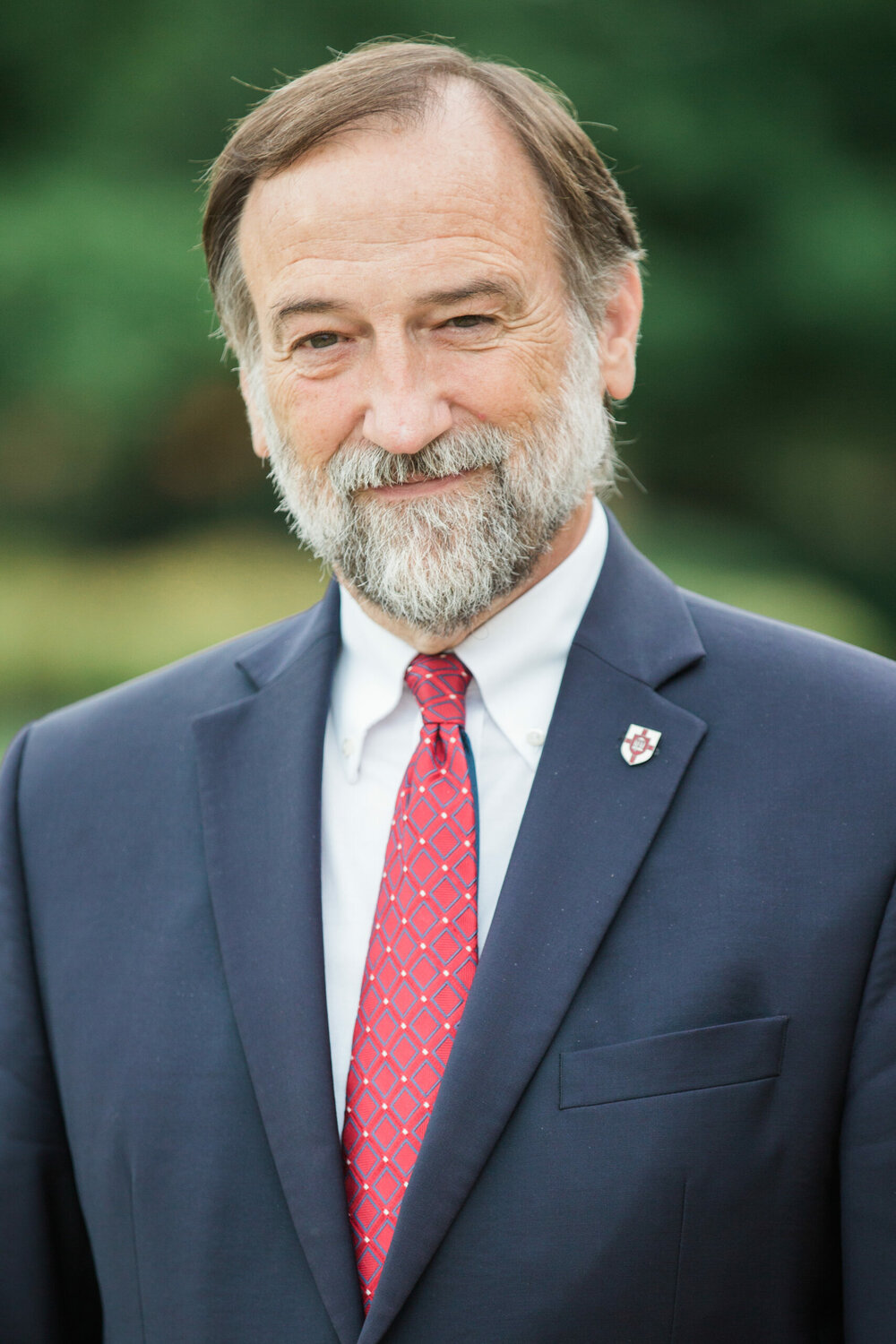OPINION: A day late and a dollar short
By Harry Lee Poe
Columnist
The Duplan case was the largest anti-trust lawsuit in America history at the time, but within a few years, most of the 22 companies involved had disappeared along with the textile industry in the South. The lawsuit involved a copyright dispute over the making of double-knit polyester fabric, which was all the rage in the 1970s. It was a space age garment designed to replace cotton and wool. By the late 1980s, people came to their senses and realized that cotton and wool are more comfortable than polyester, which is really only motor oil in solid form.
Small cotton mills began to spring up in small towns all across the South in the late 1800s. Jackson had its mill just south of town at Bemis. The mills were locally owned and operated by local families. There were spinning mills that spun cotton into thread. There were weaving mills that wove thread into cloth. There were bleacheries that bleached the cloth into fine fabric for clothes. There were garment factories that sewed the cloth into shirts, trousers, underwear, coats, and all the other garments we wear.
By the end of World War II, the small family mills began to sell out to large conglomerates, such as Burlington, Dan River, Springs, and Deering Milliken. Deering Milliken also had a research lab which filed a patent on the “false twist” process that produced the artificial fabric effect of double-knit. It was a bit like taking out a patent on water, but all the small and medium sized textile firms had to pay a fee for every inch of double-knit they produced until they got together and challenged the patent in court. At the time, I was a young law clerk for the firm of Leatherwood, Walker, Todd, and Mann, one of many law firms representing the challengers. The case dragged on for years. I abandoned my plans to be a lawyer and went to seminary. Eventually, after enormous legal expense on both sides, the small challengers won the case and no longer had to pay a fee to produce double-knit. By then, however, no one would be caught dead wearing double-knit.
Deering Milliken, which had owned textile mills all across the South and Europe, became a chemical company with a variety of other interests including healthcare. One way or another, the petroleum energy business also will go the way of whale oil. That is why Ford is building a massive plant to manufacture electric vehicles which will have a profound effect on West Tennessee that we can’t yet imagine. In 1900 when my grandmother was ten years old in Memphis, she and her siblings would run to the street whenever they heard an automobile making its way along the road. The times, they are a changing.
Sears Roebuck was a mail order business that sold almost everything including prefabricated houses. They abandoned their mail order model in order to become like all the brick and mortar department stores. Then, like all the other box stores, they were ruined by a new mail order business that copied their old model - Amazon. Now you can buy almost anything from Amazon, just like Sears. Amazon will have a good run, but it will not last forever. Only change will last until this old world gives out. And we won’t even talk about newspapers.
Harry Lee Poe is the Charles Colson Professor of Faith and Culture at Union University. Readers can write to him c/o Union University, 1050 Union University Drive, Jackson, TN 38305.






